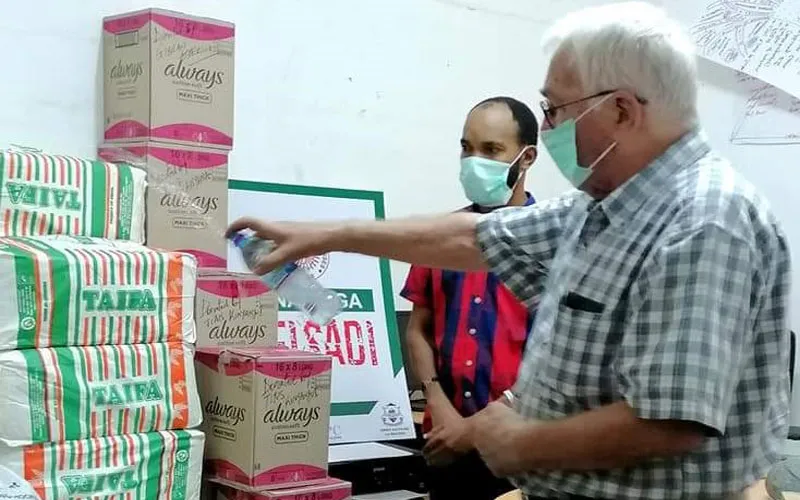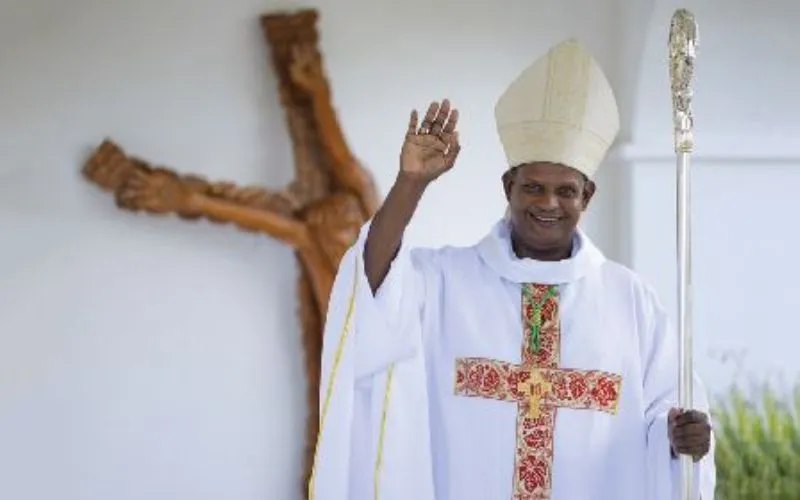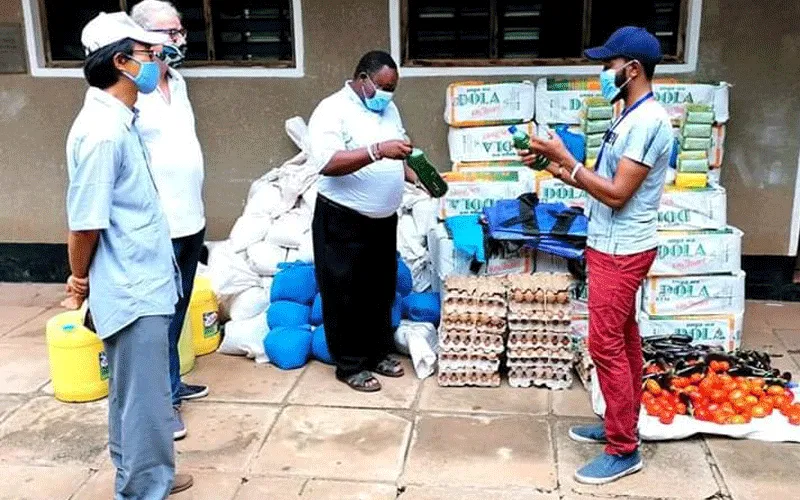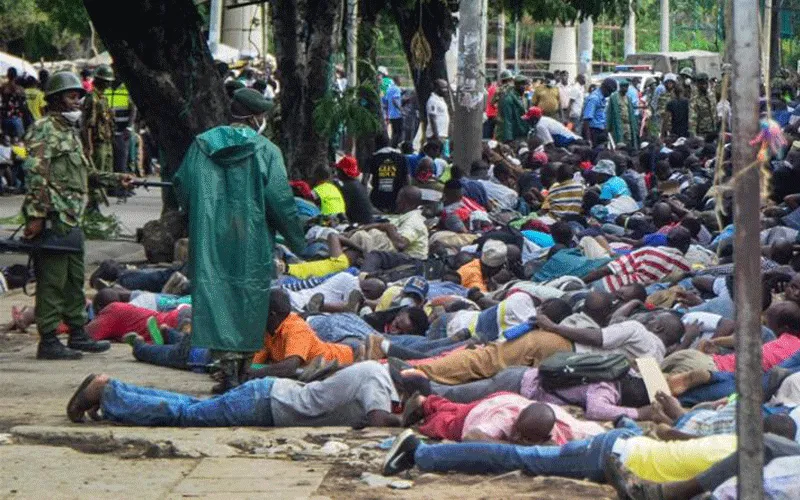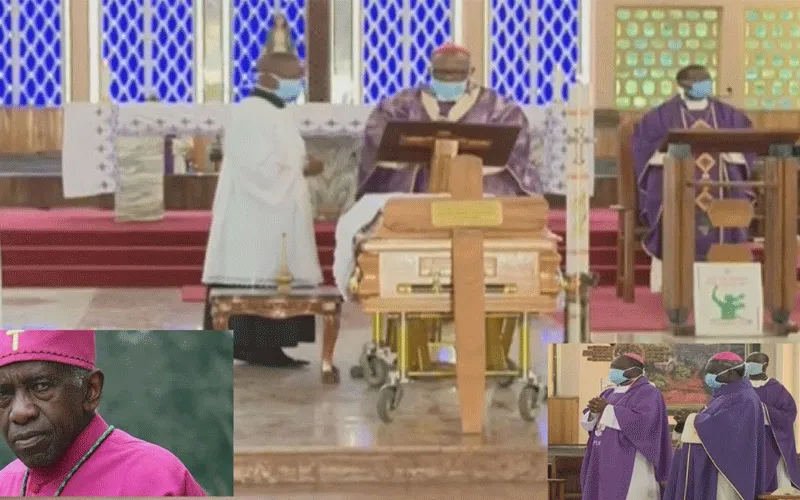“Every year, we usually set aside 10 percent of our annual Lenten collection for emergency purposes,” CJPC Executive Secretary of Malindi diocese told ACI Africa and added that part of the 10 percent, which the diocese has “been saving for the last few years has gone to support what we have received from our parishioners during the recent Lenten campaign.”
On the same day of the interview, the Diocesan Administrator of Malindi, Fr. Albert Buijs officially launched the humanitarian response, which saw CJPC donate items to 90 families for a start.
The targeted beneficiaries are drawn from across the diocese located in Kilifi County, one of Kenya’s COVID-19 hotspots. It is one of the four Counties put on a 21-day partial lockdown by Kenya’s President, Uhuru Kenyatta.
The select beneficiaries of the humanitarian assistance in Malindi diocese include the “most vulnerable” such as the orphaned, the elderly who are neglected, the widows and widowers, and those living with disabilities.
“Even under normal circumstances, these people are vulnerable,” Mr. Mpuria said and added in reference to the Catholic diocese of Malindi, “The church has been helping those most affected even when we did not have the pandemic; so now you can imagine how the situation is; it is very desperate because people were not prepared for it.”
The beneficiaries are identified using existing church structures from the grassroots, mainly Small Christian Communities (SCCs) through Parishes.
In the considered opinion of the diocesan CJPC Secretary, COVID-19 has worsened the situation for the vulnerable people in Malindi who were already dealing with the aftermath of a slow tourism industry following terror attacks targeting tourists in the area.
The closure of churches, according to Mr. Mpuria, made the situation worse because “when we are desperate, the source of hope has remained our faith. People go to church where they get spiritual nourishment, where they can say yes, we are going through a difficult time but God is for us, we will get through this. Now you have the government though understandable closing the churches.”
“So you are badly hit by the economy, you are badly hit by the sickness, you are deeply worried and then your spiritual side where you are supposed to source your hope is also closed, so you have a very general desperate situation for the people,” he explained.
Following the interruption of the Lenten campaign funds collection by the closure of churches, the diocese fell short of its annual target. That is why the diocese might only support the families for a period of one month, Mr. Mpuria further explained to ACI Africa.



